We were waiting at the hotel lobby for our cab when a bunch of kinnars (the third gender community) came to meet Laxmi Narayan Tripathi, the transgender activist and dancer, who was supposed to be staying in our hotel, Kama’s Inn in Berhampur, Odisha. They were a riot of colour–their clothes, bangles and bright lipstick. They had walked in straight from their dance rehearsals. Berhampur’s first transgender cultural festival was scheduled for the next day, and these women were participating in and organising various performances ranging from folk dances to fashion shows. Tripathi was the chief guest at the event [she later had to cancel because of ill health].
We were covering the cultural festival, organised by Anwesha Kala Kendra. Having not found Tripathi, the women decided to hang out with us instead, and we were the happy recipients of flowers and packets of traditional Odia sweets, chhena poda. A bunch of selfies broke the ice and the next day the photographer Viraj and I found ourselves at the day-long festival. This was Viraj’s first interaction with people belonging to the third gender, listening to stories of their resilience against our country’s negligence towards transgender rights. Discussions over dinner veered towards ideas of freedom—freedom from prejudice and freedom to be yourself, no matter who you are, and finally the freedom to love yourself, unconditionally.
Videos by VICE
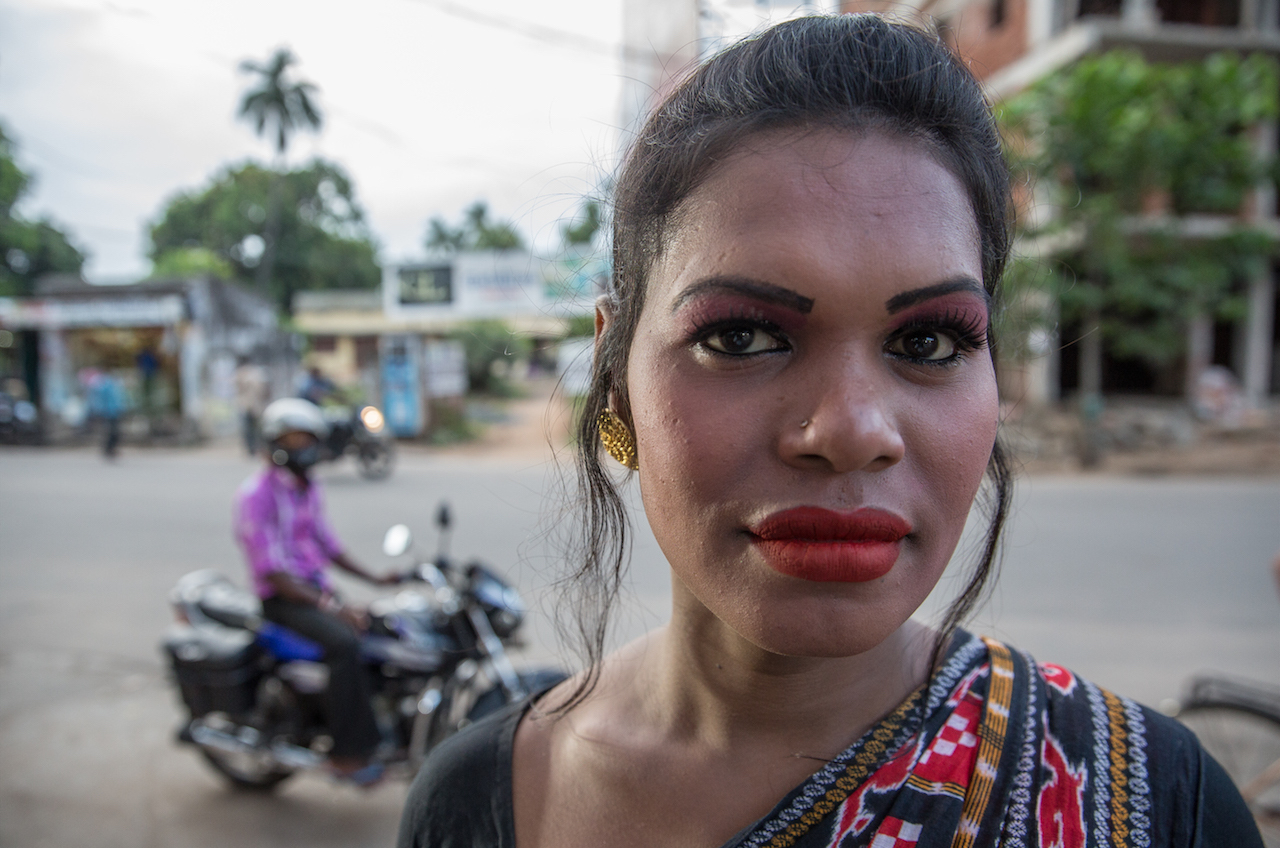
Barsha, 25, knows what it means to be free. She ran away from her family when she 15. She found her guru and started living with her. “To me, freedom means doing what I want to do, with no one telling me what is right or wrong.”
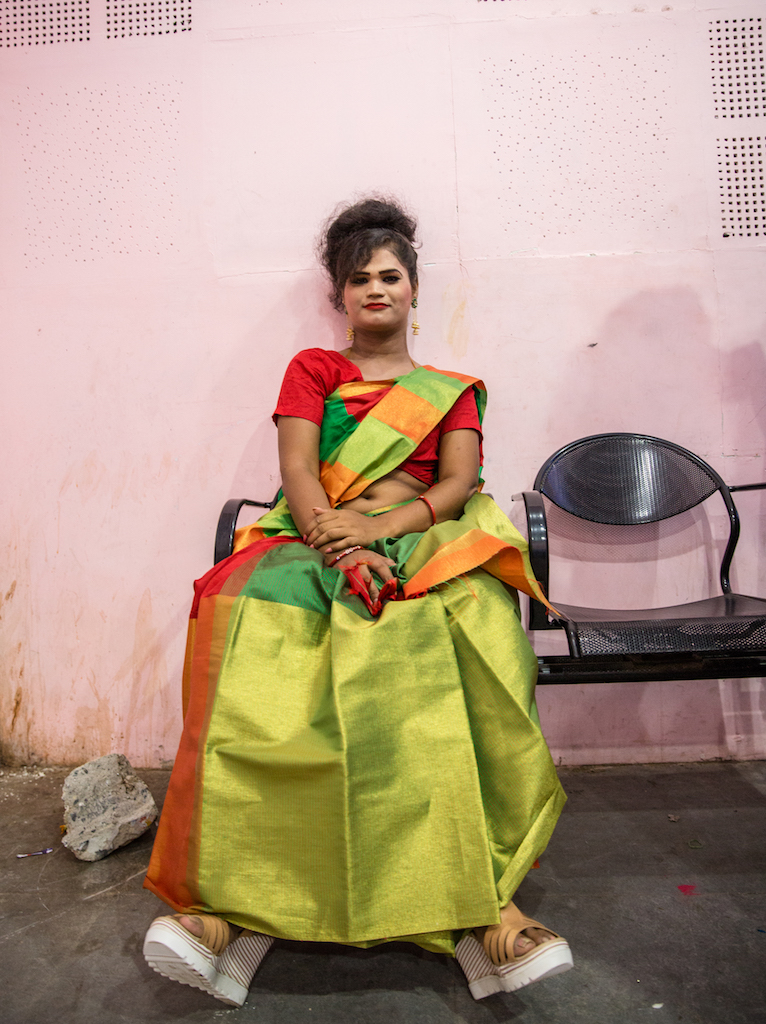
Kanima, 28, performs at various events as a dancer. That is how she earns her livelihood. She is also learning how to apply makeup from her friends to become a makeup artist. “The day I am able to get a house of my own, with my own money, and have a family, that would be the day I consider myself truly happy and free.”
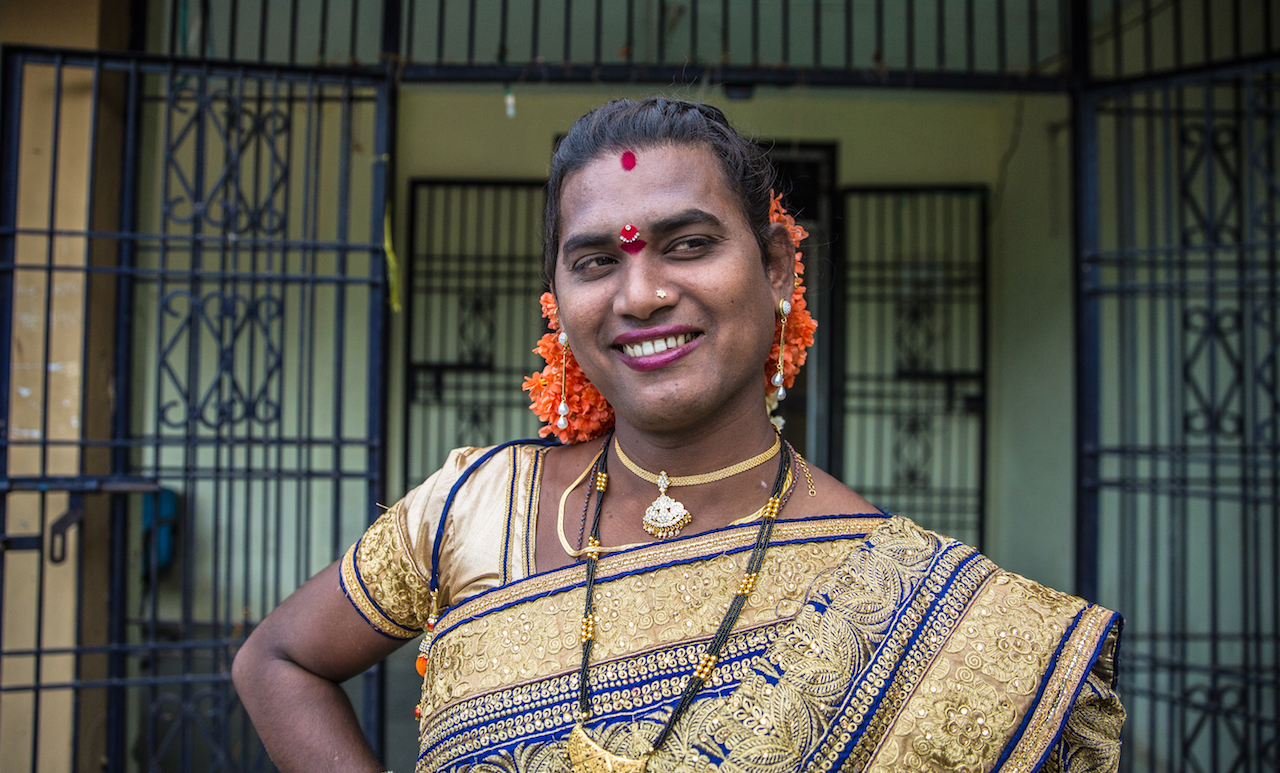
Meenakshi, 27, was 10 years old when she realised she was different from other boys in her neighbourhood. “I had no idea what to do. Kuch maloom nahi tha (I didn’t know anything.).” It hurts her to hear people commenting on her. “Market mein comment karte hai (I get commented on at the marketplace). I also get abused. The day that stops happening to me–that would be freedom.”
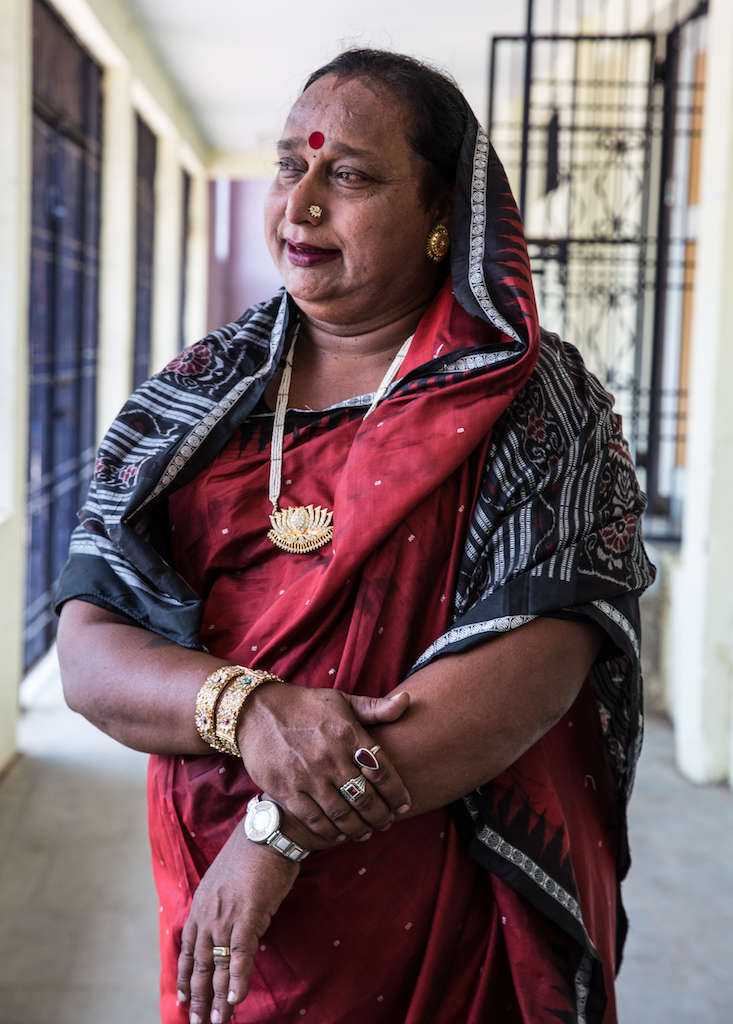
Shanti, 53, is a guru to some 40-50 kinnars. They live together in a rented place. Shanti says she believes that freedom will be enjoyed when everyone gives them due respect in society, and when everyone’s mindset towards people of the third gender changes. “It will take time but I’m hopeful it will happen.”
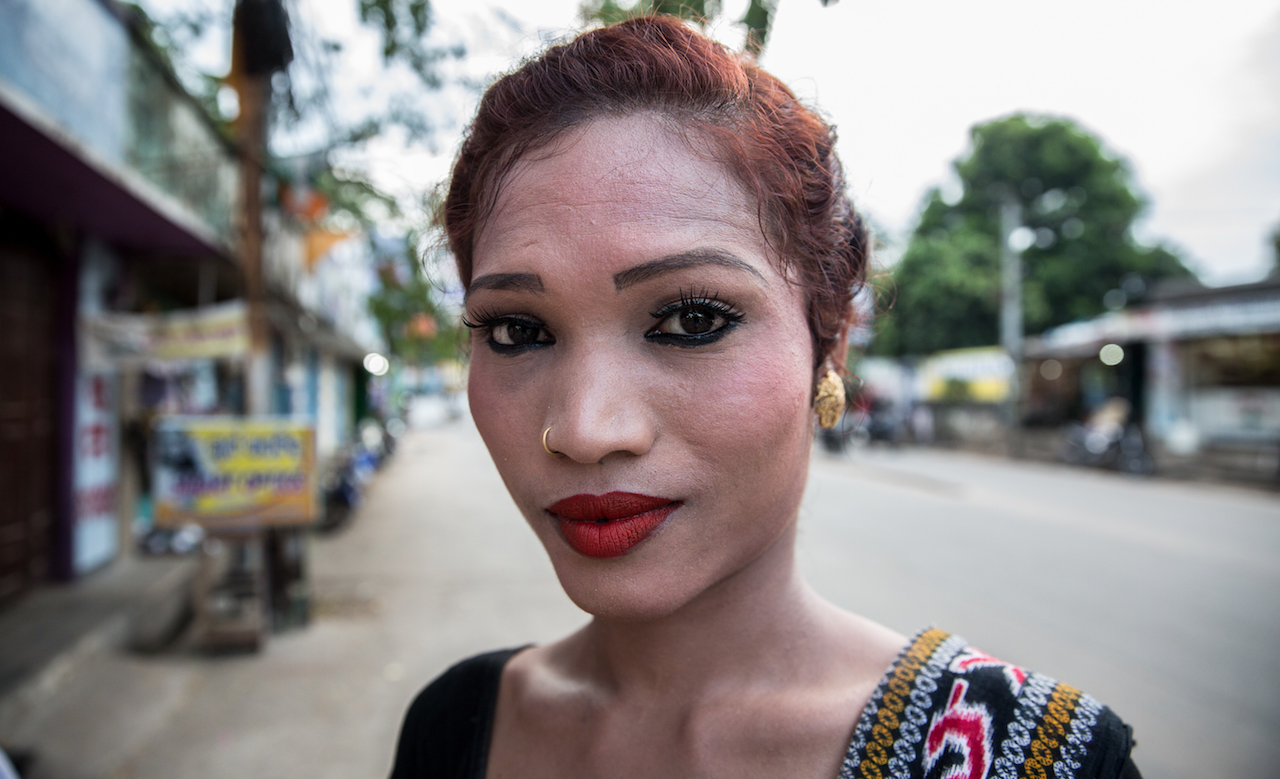
Sonali is 24. Her source of livelihood is begging on the trains. She studied till class VII, and then dropped out of school. She couldn’t find a job. “I had to resort to begging,” she tells us. “And also, no one employs us.” To her, freedom means the ability to be yourself, to be able to respect and love yourself. “Society kuch bhi bolti hai (Society says whatever it wants to) .” Sonali also wishes to complete her education someday.
Follow Maroosha Muzaffar on Twitter .




